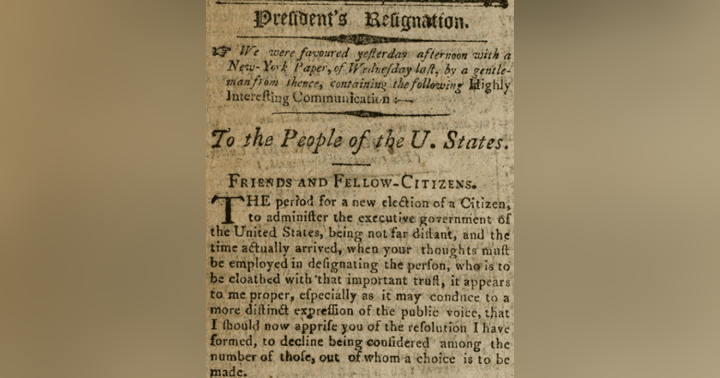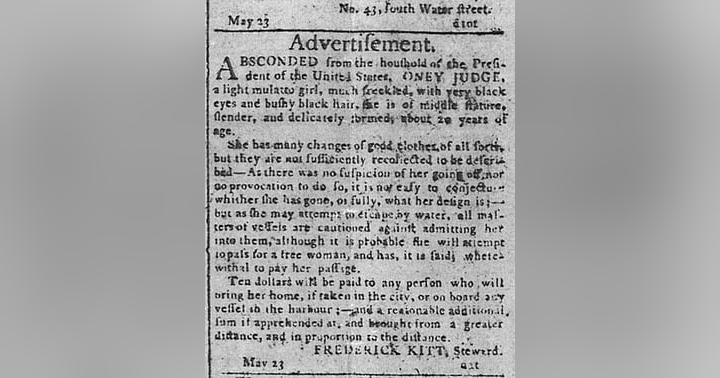The Neutrality Crisis

Check out Mount Vernon’s free online resources about the Neutrality Crisis and Genet Affair. For a full bibliography of the episode, including primary sources and scholarship, check out our Episode 5 show notes.
Media and Interactives:
BeWashington: The Genet Affair
The Genet Affair put the neutrality of the United States in jeopardy. American citizens were serving on French privateer ships that attacked the British. Washington was stuck - would he support the French allies, or stay firm in neutrality? Make the decision yourself in this interactive scenario.
Civic Friendship and Compromise
Explore the timeline to learn how Washington’s cabinet worked through the neutrality crisis with compromise, civic disagreement, and civic friendship. As you read the information, think about what qualities of character, virtues, or values make a good citizen or leader.
Citizen Genet
Edmond Charles Genet was a French diplomat sent to the United States during George Washington's first term as president in 1792. . Genet’s actions, known today as the Genet Affair, created a major controversy in foreign affairs at a time when Washington had pronounced American neutrality. Read more at the Digital Encyclopedia of George Washington.
Lesson Plans:
BeWashington: Genet Affair Lesson Plan
This lesson was created to be used with Mount Vernon's Be Washington interactive experience. Students will analyze advice given to President George Washington during the Genet Affair crisis in 1794 through the use of primary and secondary sources.
George Washington’s Foreign Policy
A lesson that asks students to connect George Washington’s Farewell Address to later presidential foreign policy messages. As a group, the class will discuss the influence Washington’s message had on the nation and posterity. Working in groups, students investigate excerpts from later presidential foreign policy messages and compare and contrast these with Washington’s Farewell Address.
Primary Sources:
Proclamation of September 25, 1794
This proclamation was given on September 25, 1794, during the height of the Whiskey Rebellion. The Whiskey Rebellion was located in western Pennsylvania and primarily consisted of poor farmers who believed the 1791 excise, or "whiskey" tax was unfair. The rebellion dispersed shortly after this proclamation, when Washington led the militia to Pennsylvania.
Neutrality Proclamation of 1793
On April 22, 1793, George Washington issued a proclamation of neutrality in the wake of war breaking out between France and a group of European allies that included Great Britain.
The Key to the Bastille
Lafayette gave this key to George Washington in 1790. The key symbolized a "token of victory by Liberty over Despotism," since it unlocked the notorious political prison in France. Washington treasured this key, and it remained in the mansion after his death.











